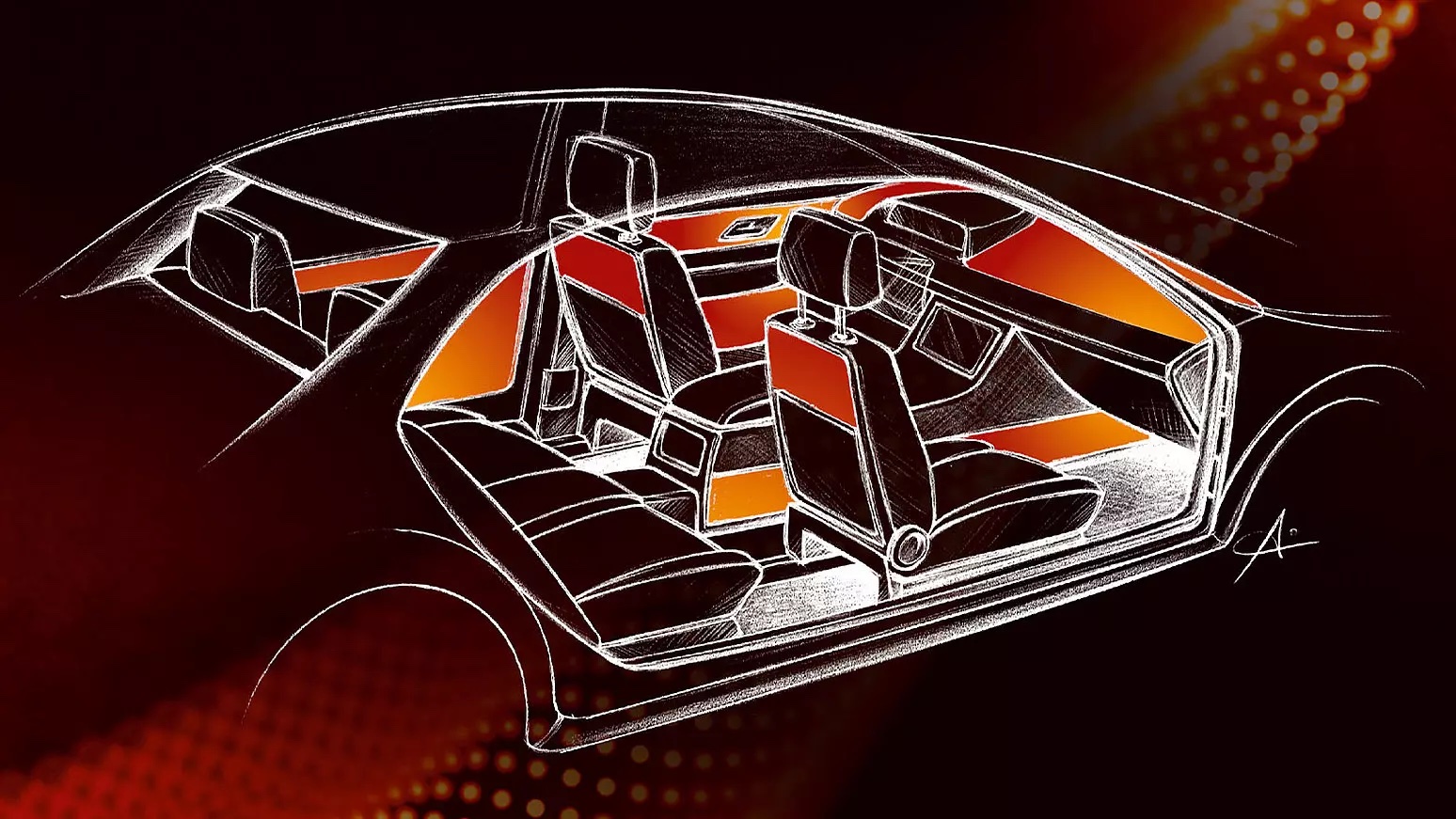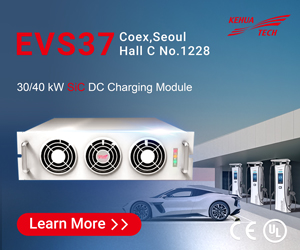Heating an EV passenger compartment requires additional energy, which sometimes reduces the vehicle’s range. Engineering specialist IAV teamed up with Louisenthal, a manufacturer of banknote substrates, security papers and security foils, to develop an energy-efficient heating concept that requires considerably less energy while increasing comfort for drivers and passengers.
At the heart of the heating concept is a thin, cost-effective and easy-to-process foil from Louisenthal. The SmartMesh foil has a mesh of conductive tracks on its surface. The foil is integrated into the doors, center console and roof lining. On applying the operating voltage, it warms up and radiates heat into the passenger compartment. The heating foil is transparent, which means it can be combined with ambient lighting or LED design elements. The foils are integrated into the vehicle alongside the standard heating system.
Louisenthal Director of Business Development Daniel Lenssen said, “We can produce the SmartMesh foils on an industrial scale in large quantities, providing an energy-saving and more convenient addition to conventional heating systems for future EV concepts.”
IAV simulated the use of the foil in vehicle trims with 3D CFD software and, using a demonstrator, has shown how it works on a car door interior trim. Simulation results demonstrate that a comfortable climate in the passenger compartment can be achieved for the driver and passengers in less time at low outside temperatures, thanks to the additional integrated heating foils. After the heating-up phase, the total amount of energy required for heating the passenger compartment can be reduced by up to 20 percent as a result of the foil’s radiant heat. This can increase the vehicle’s range by up to 6 percent.
IAV Team Manager Rico Baumgart said, “One of the main EV challenges is to increase energy efficiency and extend the cruising range. With this heating concept, we can show that, besides the obvious approaches, there are other ways of achieving significant energy savings and, with this, the potential for increasing traveling range.”
Source: IAV, Louisenthal


















































